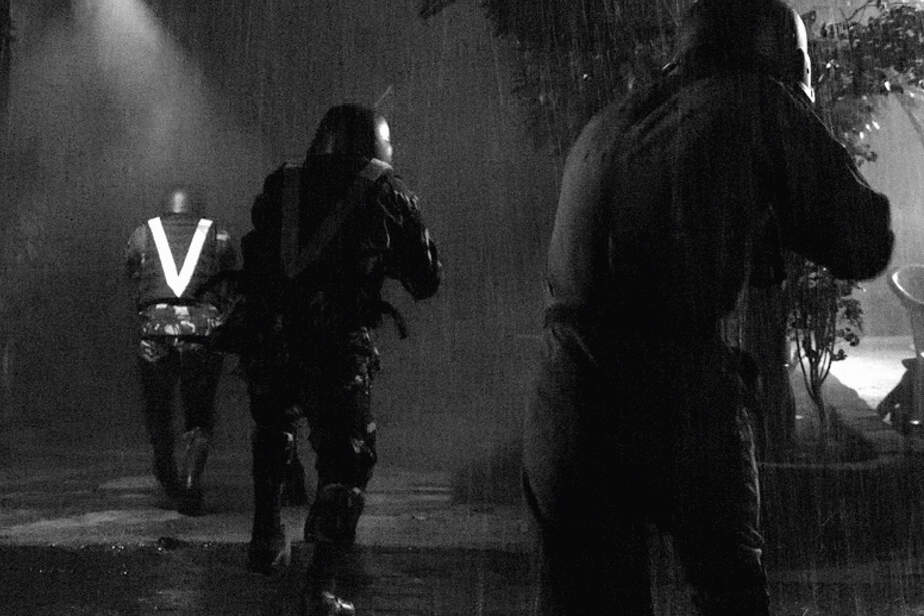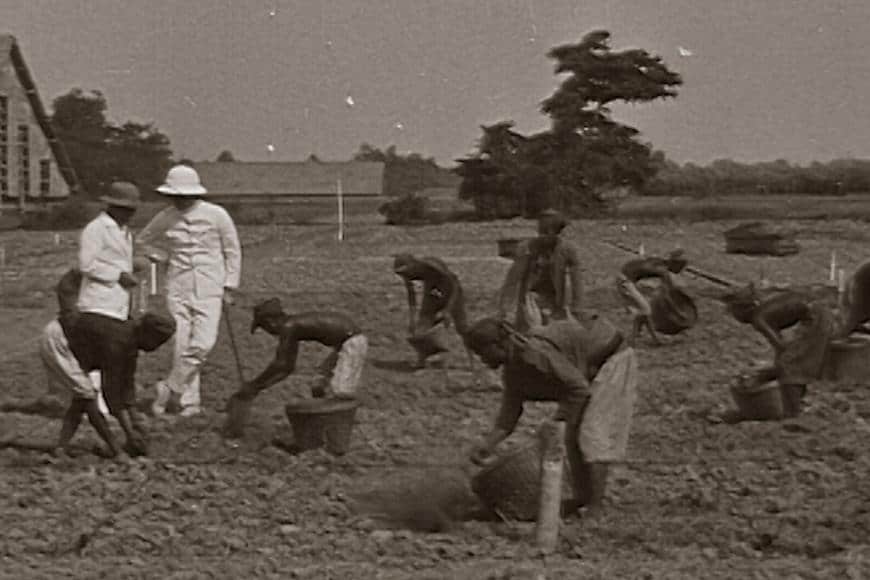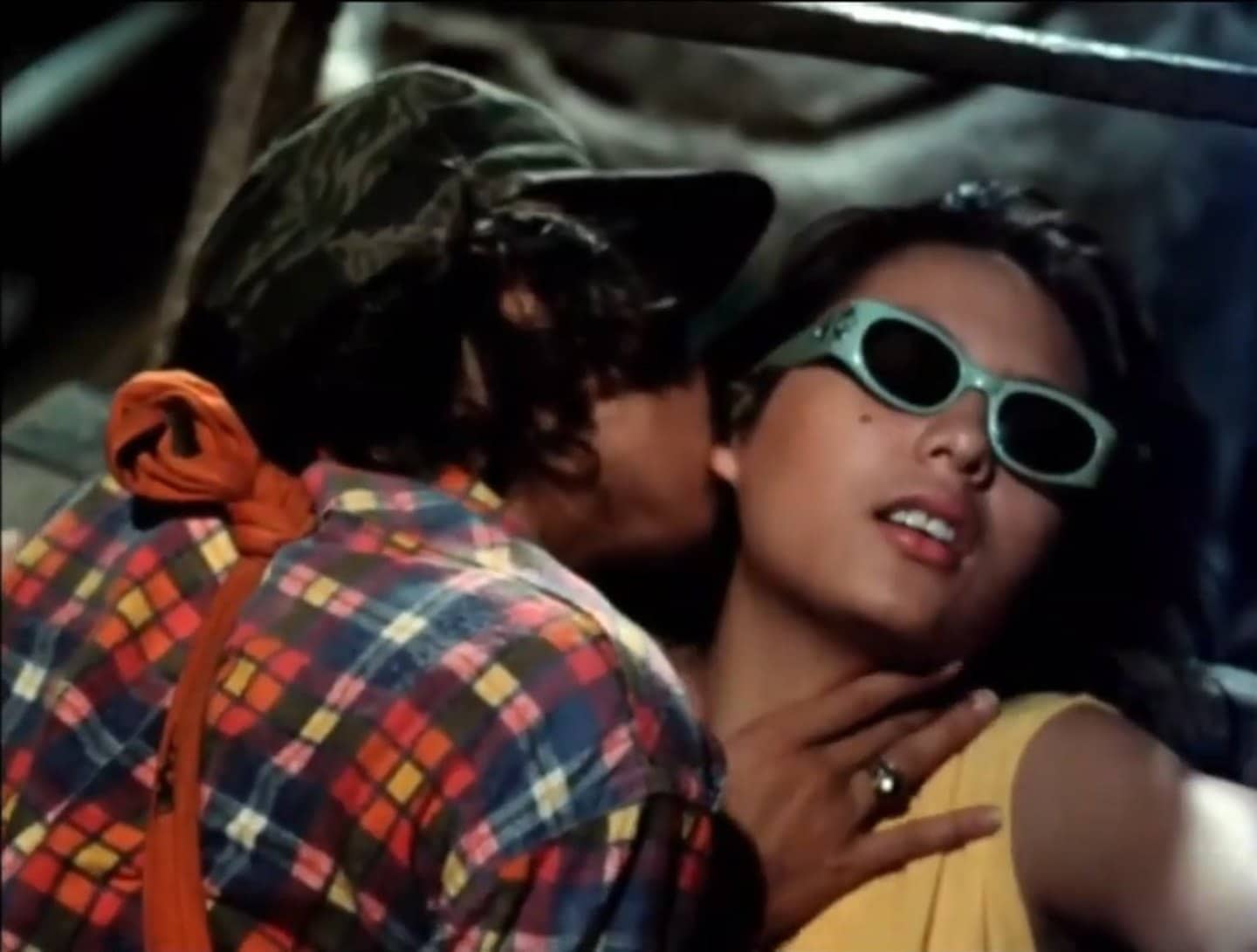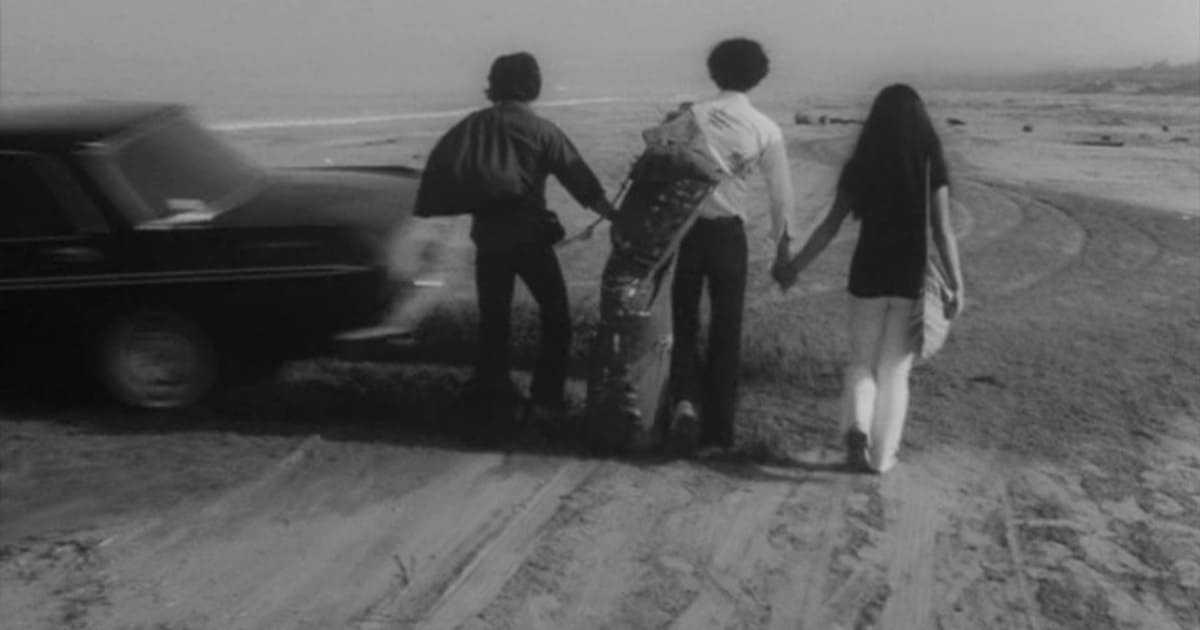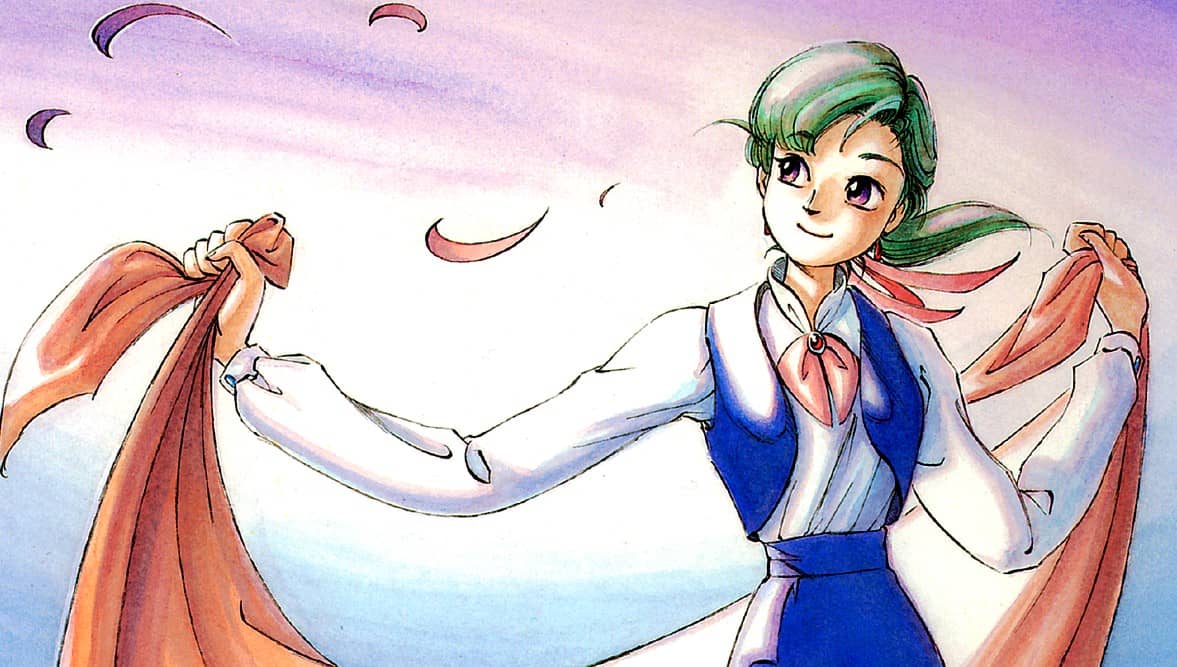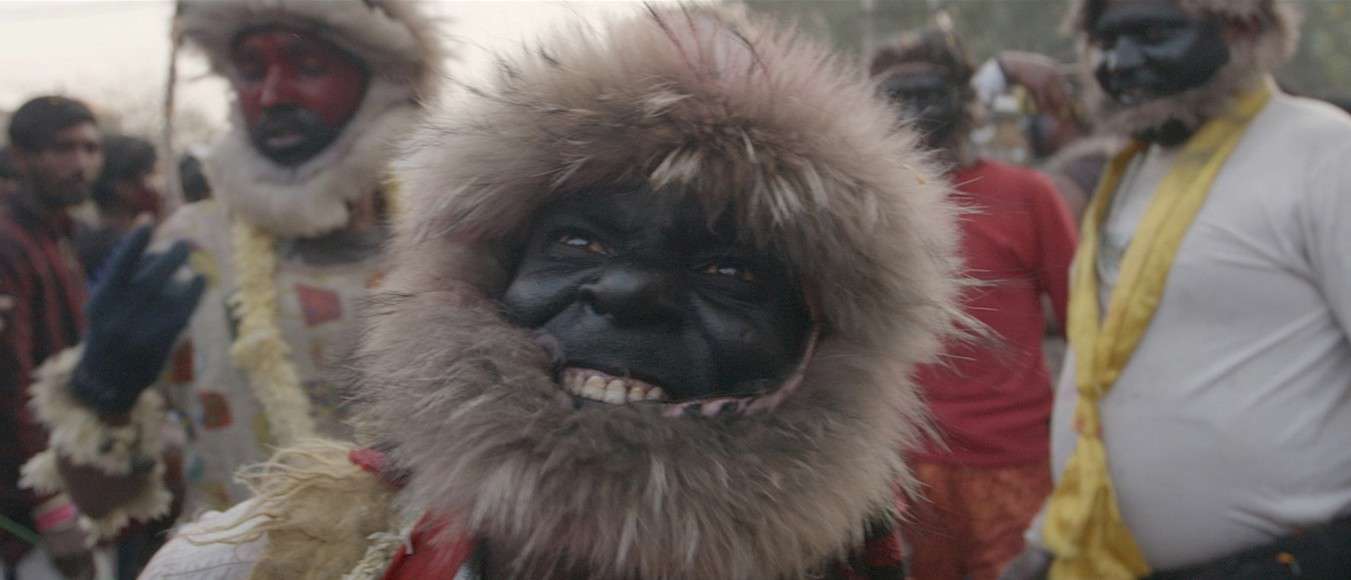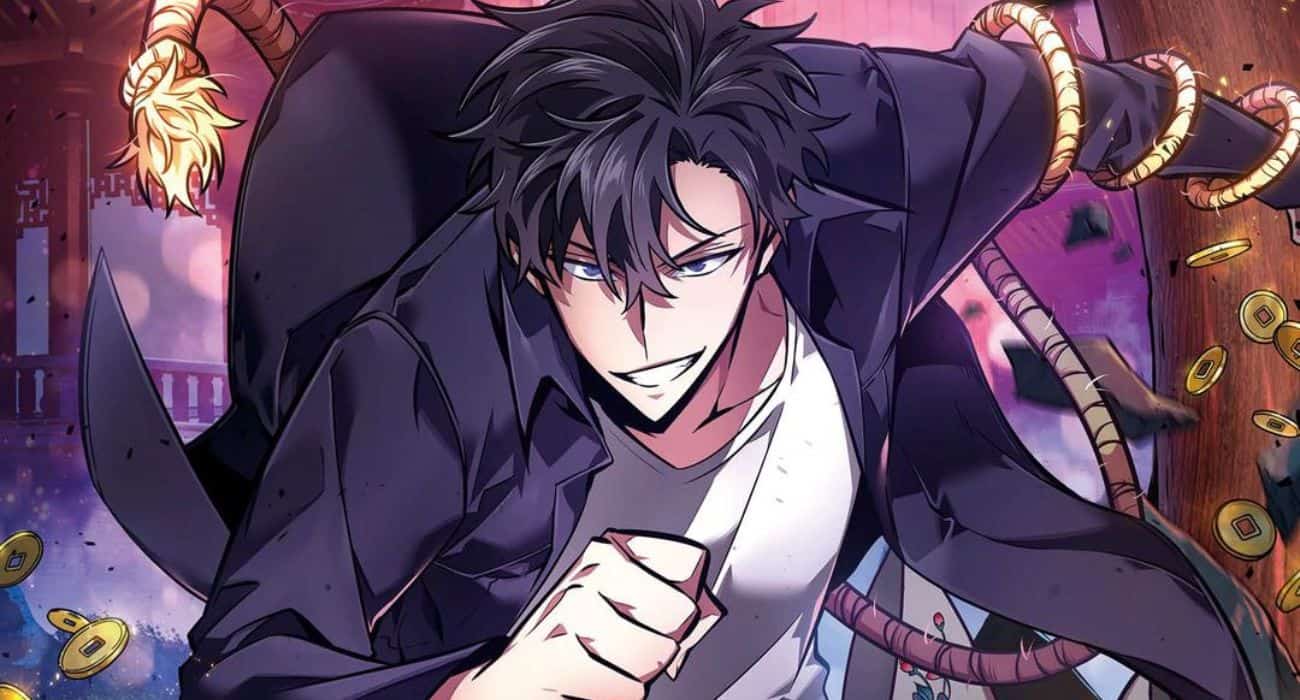Viewers about to journey into the latest feature of Filipino auteur Lav Diaz should get “hold of some acid” because it “would serve you really well”. Among other pieces of advice and explanation about his latest film, a text written by Diaz was read to the waiting audience at the Director's Fortnight at Cannes Film Festival where the film was screened later this year. Whether or not this was an ironic way to gain the audience's attention remains to be seen, but given the film's rather serious nature, it also foreshadows the darkness of the visions represented in “The Halt”.
“The Halt” is screening at Filmfest Hamburg 2019

In 2034, after catastrophic volcanic eruptions, large parts of South-East Asia live in constant darkness since the sun is blocked. Additionally, many people have died due to a flu pandemic called “the Dark Killer” which the government has attempted to contain. In the Philippines, the setting of the story, the government's leader is Nirvano Navarro (Joel Lamangan), a dictator, whose draconian rule over the country is forcefully maintained through a seemingly omnipresent military along with surveillance drones. Every rebellious force has been eliminated in the constant military raids, mostly headed by Navarro's most trusted officers, Marissa (Mara Lopez) and Martha (Hazel Orencio).
Nevertheless, many parties and movements have slowly organized a rebellion against the tyrant. Hook (Piolo Pascual), a former soldier of the current regime, is part of a group who has been planning the assassination of the dictator, a dangerous plan in the social and political climate on the streets of Manila.
For those familiar with the director's previous works, such as “Season of the Devil” or “Norte, the End of History”, “The Halt” will be a logical continuation of themes Diaz has been exploring for quite some time. While he has – thankfully – avoided making another musical, the overall atmosphere of his dystopian vision for the future is just as bleak and hopeless. With very few, but poignant details, such as the overpowering humming of the drones, Manila in 2034 feels like the Asian counterpart to the “Big Brother”-state created by British writer George Orwell. In combination with the black-and-white photography by Daniel Uy and Diaz himself, supports the sense of apathy and desperation as a common thread in almost every scene.

Jumping from various storylines and characters, Diaz manages to create a patchwork-like view on the future and its inhabitants. While there are many noteworthy performances and moments, one of the most fitting remains the character played by Piolo Pascual suffering from anosognosia, a form of blindness. Again, like with “Season of the Devil”, the characters either remain blissfully ignorant or apathetic when confronted with an evidently unjust system, people with a view limited to their own life and survival. In essence, these people, even when organizing a rebellion, carry a certain awareness things will or might not improve no matter who will be on top.
In terms of acting, Joel Lamangan stands out among the cast due to his unbound performance as Navarro. While the hint at current dictators or political figures in the world are very obvious, Lamangan's mood swings from blood-thirsty and revenge-driven towards downright paranoid and manic are quite haunting.
In the end, “The Halt” is a dark vision of the future whose consistency has to be noted, while it also suffers from a repetitious nature and redundancy. Supported by a strong cast and interesting links to our reality, this again is Lav Diaz' version of a story (or rather a possible future) for people unable to learn the lessons of history while focusing too much on themselves.


